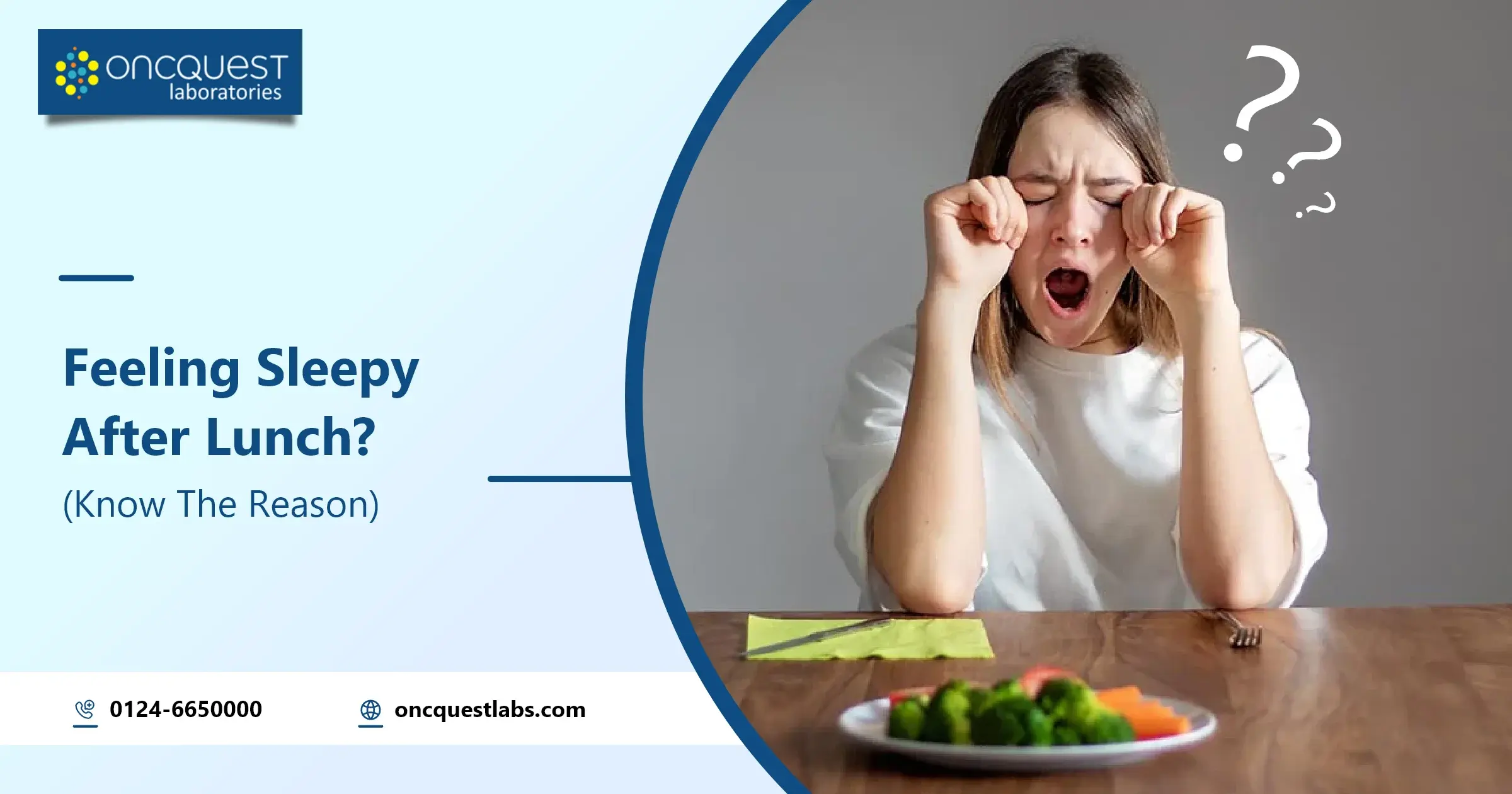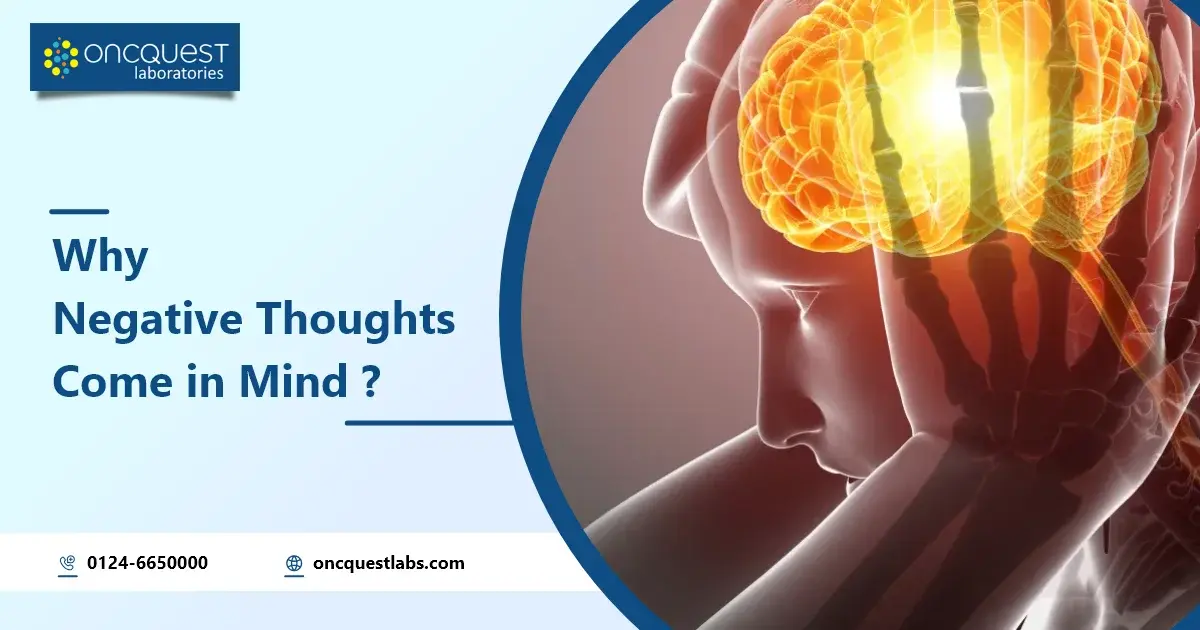Have you ever felt super tired after lunch, like you just want to take a nap? It happens to all of us! Now, it’s easy to think it’s just because we ate a lot, but there’s more to it. Let’s take a journey into why we feel sleepy after lunch – it’s like uncovering the secrets of our body’s sleepy time. We’ll talk about things like our body clock, digestion, and other cool stuff that makes our eyelids want to close in the afternoon. Join us as we explore the simple science behind the midday slump and learn how knowing about it can help us have more energetic afternoons. Get ready to discover the reasons behind that post-lunch tired feeling and how to make our afternoons more lively!
Contents
Why do we feel sleepy?
We’ve all experienced it – that undeniable urge to close our eyes and take a nap after a hearty lunch. The phenomenon of feeling sleepy after lunch is a common occurrence, and while it might be tempting to blame it on a heavy meal alone, there’s more to it than meets the eye.
1. Biological Rhythms
Our bodies operate on a natural circadian rhythm, a 24-hour cycle that influences our sleep-wake patterns. Afternoon sleepiness is often a result of a natural dip in alertness that typically occurs between 1:00 PM and 3:00 PM. This dip is a part of our internal biological clock, signaling a period of reduced wakefulness.
2. Digestion and Blood Flow
When we eat, our bodies divert energy to the digestive system to break down food. This process requires increased blood flow to the digestive organs, leading to a temporary decrease in blood flow to the brain. The redirection of resources can contribute to feelings of lethargy and drowsiness.
3. Hormonal Changes
After a meal, insulin is released to help regulate blood sugar levels. This process, along with the release of serotonin and melatonin, can contribute to a sense of relaxation and, in turn, make you feel more inclined to take a nap.
4. Type of Food Consumed
Certain foods can influence post-lunch sleepiness. Consuming large amounts of carbohydrates, especially refined sugars, can lead to a spike in blood sugar levels followed by a crash, contributing to fatigue. Additionally, foods rich in tryptophan, such as turkey, can promote the production of serotonin, inducing a sense of calm.
5. Sleep Debt and Lack of Quality Sleep
If you didn’t get a good night’s sleep, the likelihood of feeling sleepy after lunch increases. Sleep debt accumulates, and the body tries to compensate for the deficit by prompting periods of drowsiness during the day.
Conclusion
Feeling sleepy after lunch is a natural part of our biological rhythm, influenced by factors like digestion, hormonal changes, and the type of food consumed. While a short nap can be rejuvenating, it’s essential to strike a balance and address any underlying issues affecting the overall quality of your sleep. Making mindful food choices, staying hydrated, and maintaining a consistent sleep schedule can all contribute to managing post-lunch sleepiness and promoting better overall well-being.



